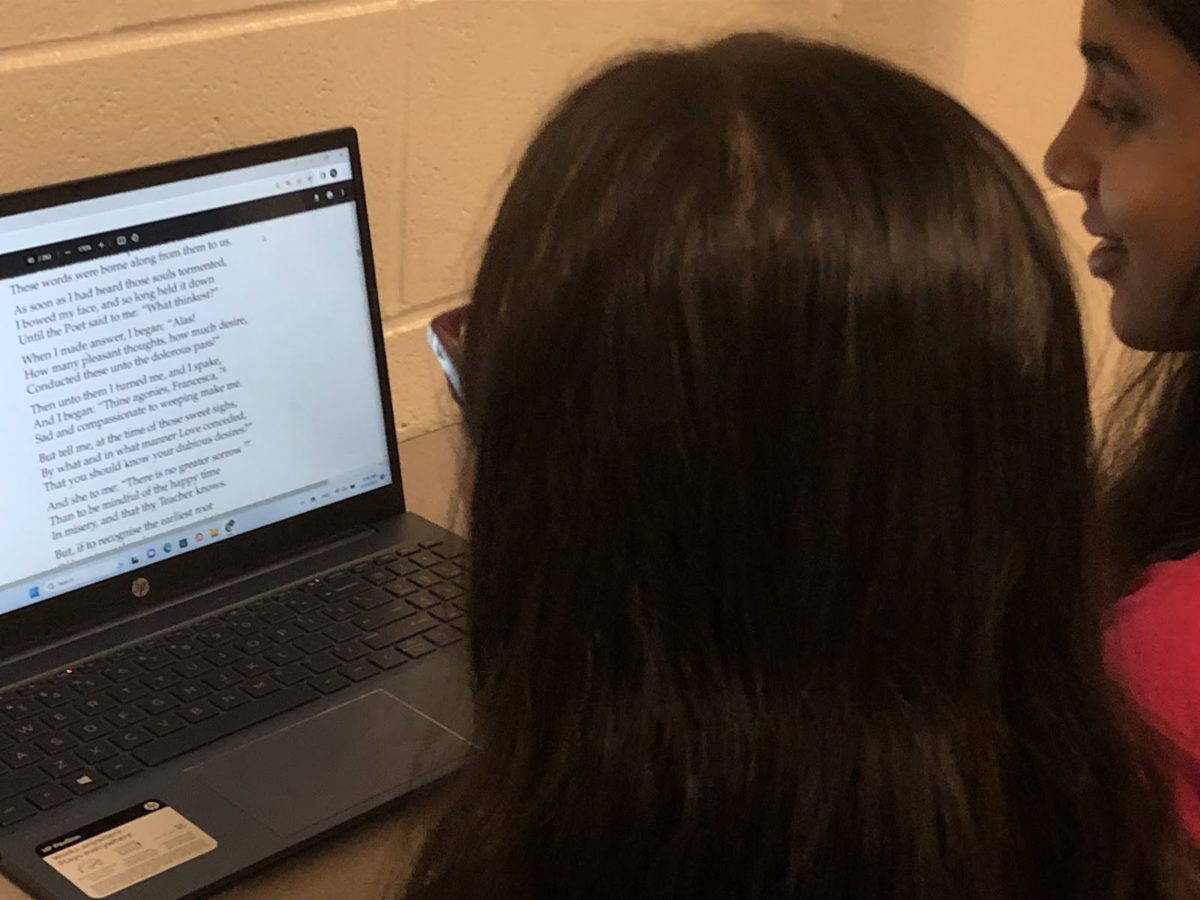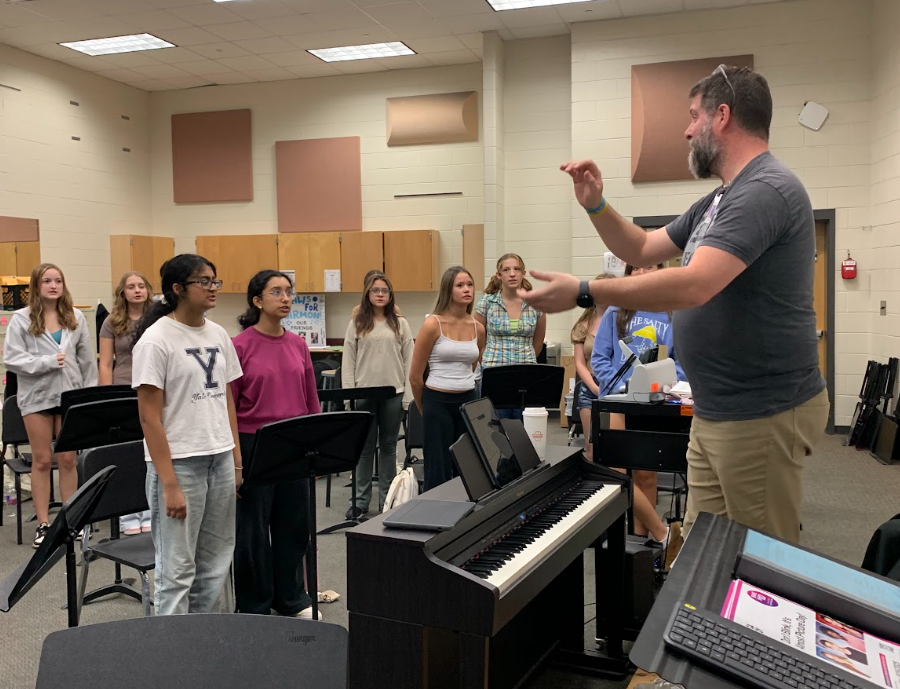Andrew Hozier-Bryne, better known as Hozier, is back with a bang for his third album, “Unreal Unearth.” The 33 year old Irish singer rose to prominence after the release of his smash hit “Take Me to Church.” Drawing inspiration from his own experiences during the pandemic as well as multiple pieces of literature, the new album takes one into a mystical journey into the past while taking an introspective look at the present. Over this 16-track spectacle, Hozier follows the footsteps of Dante Alighieri in the epic poem from the 14th century that took Western culture by storm and changed perceptions of religion and art, “The Inferno.” The premise of the poem is simple: the journey of Dante Alighieri through the nine circles of Hell where he encounters sinners being punished according to their crimes, ultimately seeking redemption and divinity. However, it is this poem that has shaped the modern day view of hell. Through this album, Hozier connects Greek mythology, Gaelic and Dante’s journey to contemporary plights, something that drew in many listeners.
“I liked how he took in Greek literature and others,” Lambert sophomore Joy Beverly said. “I liked the connection between literature and how he conjoins it with his real life experiences. It adds a personal effect to something that’s not super personal, if that makes sense because of that I thought the songs “Son of Nyx” and “Da Selby” were cool.”
These songs have shed light on multiple pieces of literature for the younger generation. For the “Inferno” specifically, there are many facets that people should know.
“The biggest thing with the entire conception of hell, as depicted by Dante, is that that is what a lot of our conception of Hell is in popular media,” 10th Honors Literature and Composition teacher Mr. Candela said. “These types of punishments and these types of sins that are different levels of severity … stems from Dante’s Inferno.”
Hozier does a great job of incorporating this idea of Hell and the different levels introduced by Dante into “Unreal Unearth.” Songs like “Eat Your Young,” which showcases the Circle of Greed, reflect on how the youth is suffering because of the sin of greed. The Circle of Violence’s song “Butchered Tongue” takes a look back at colonial violence and the wiping of native cultures, specifically language. These songs tackle the ideas brought up by Dante but delve deep into them to showcase their essence in the modern setting, making the ideas feel novel rather than having the stale nature of a parody.
“The main thing is that it can be considered a new piece of art when it adds something new, or it takes a twist on maybe something that is essential to the work,” Candela explained. “When something is just like taking an old story, and literally setting it in the modern era, but doesn’t necessarily add any new perspective to it. I think that’s when it becomes a little stale and just seems regurgitated.”
That sentiment is something that “Unreal Unearth” carries throughout its entirety: looking at new perspectives. For example, while most songs don’t directly reference the source material, one song in particular does. “Francesca” reshapes the story of Francesca da Rimini, the medieval noblewoman that Dante meets in the second circle, that of lust. She is a tragic figure who has been condemned due to her illicit love affair with her husband’s brother, Paolo. The two lovers were eternally punished for their relationship with never ending torment in a swirling storm, a reflection of their passionate but sinful and superficial relationship. Hozier rewrites the story in Francesca’s perspective and rejects the account of Paolo and Francesca’s love that Dante provides, instead showcasing it as something unshakable. This entire narrative adds freshness to the tale without taking away from the original work.
“Unreal Unearth” creates a portal into the past by beautifully establishing a blend of the morals and themes introduced by Dante using the tool of soulful lyrics. Hozier depicts the modern Hell, the rise of the human spirit and the lure of the epic without faltering from the source material. Everyone, whether a fan of literature or not, should definitely give this marvel of an album a try.















